Do you ever experience vellichor — that strange wistfulness of used bookshops? Being surrounded by books that have lived other lives can cause a bit of melancholy. Or have you ever had a jouska — that hypothetical conversation that you play out in your head? The Dictionary of Obscure Sorrows includes dozens of these spectacular words with equally spectacular definitions such as chrysalism: “the amniotic tranquility of being indoors during a thunderstorm.”
Who thinks up these words? I pulled out my Compact Edition of the Oxford English Dictionary to see if I could find where some of these words came from. I wasn’t successful with the few I tried. Maybe they’re too recent. But wherever they came from, these words would be difficult to throw into the middle of a conversation at a cocktail party. (Do people still have cocktail parties?) I’m experiencing exulansis so I am just going to give up trying to tell my story about swimming across the Atlantic Ocean. People just can’t relate to it!
One of my favorites is Nodus Tollens which is the realization that the plot of your life just doesn’t make sense to you anymore. I mean seriously! How often have you felt that way? In the dictionary there are clues to the derivation.
Directly from the dictionary:
aftersome
adj. astonished to think back on the bizarre sequence of accidents that brought you to where you are today—as if you’d spent years bouncing down a Plinko pegboard, passing through a million harmless decision points, any one of which might’ve changed everything—which makes your long and winding path feel fated from the start, yet so unlikely as to be virtually impossible.
From the Swedish ‘eftersom’ because.
agnosthesia
n. the state of not knowing how you really feel about something, which forces you to sift through clues hidden in your behavior, as if you were some other person—noticing a twist of acid in your voice, an obscene amount of effort put into something trifling, or an inexplicable weight on your shoulders that makes it difficult to get out of bed.
From Greek ‘agnostos’ unknown + ‘diathesis’ mood.
Words are amazing! There are so many of them that we’ll never get to know.




